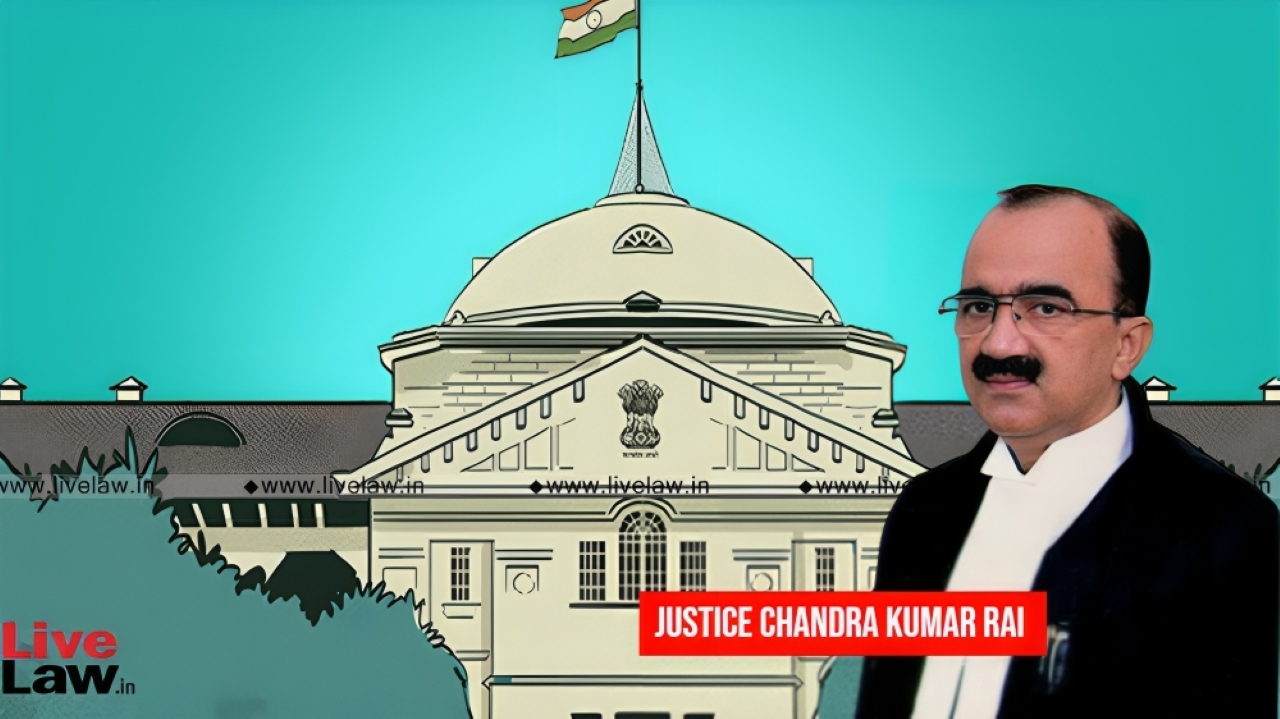The Allahabad High Court has held that in testamentary succession of a Hindu, if a property does not fall in the territories specified by S. 57 (a) and (b) of the Indian Succession Act, 1925, there would be no requirement for obtaining a probate as under S. 213 of the Act.
S. 57 of the Indian Succession Act extends the Act’s provisions on wills to Hindus, Buddhists, Sikhs and Jains, in a limited manner. It provides that such rules apply first, to wills made within or relating to property in the old Presidency towns of Bengal, Madras and Bombay, and later (from 1 January 1927) to all wills made by such persons throughout India. Further, S. 213 of the Act provides that no rights as an executor or legatee can be legally established in any court unless probate has been granted by a competent court.
The First Appeal was preferred against an order passed by the Additional District Judge, Ghaziabad in the probate case of the appellate. By means of order dated 26.11.2010, the judge had rejected the probate case, stating that the will was not covered by Clause (a) and (b) of S. 57 of the Act. Rather, he stated that the case fell under S. 57 (c), prohibiting the grant of probate unless the conditions under S. 213 be satisfied.
Justice Chandra Kumar Rai held that S.213 was explicit as to its inapplicability to wills covered under S. 57 (c) of the Act. The Court relied on the judgements of Allahabad High Court in Triloki Nath v. Kanhiya Lal, and the judgments of the Apex Court in Kanta Yadav v. Om Prakash Yadav and Ors. and Clarence Pais and Ors. v. Union of India to hold the same.
“A combined reading of Sections 213 and 57 of the Act would show that where the parties to the will are Hindus or the properties in dispute are not in territories falling under Section 57(a) and (b), sub-section (2) of Section 213 of the Act applies and sub-section (1) has no application. As a consequence, a probate will not be required to be obtained by a Hindu in respect of a will made outside those territories or regarding the immovable properties situate outside those territories,” held the Apex Court in Clarence Pais.
Finding that the property in the present dispute fell outside the territories specified under S. 57 (a) and (b), the Court set aside the order passed by the Additional District Judge and restored the case.
Accordingly, First Appeal was allowed.
Case Title: Vivek Singhal v. Smt.Vijaya Rani Singhal [FIRST APPEAL FROM ORDER No. – 279 of 2011]

